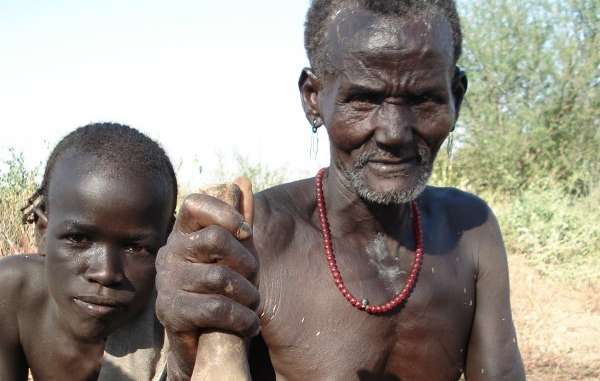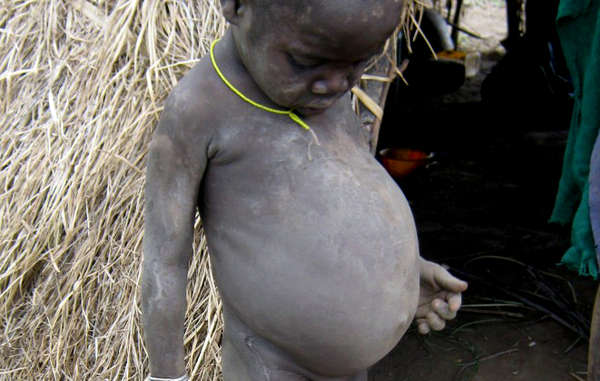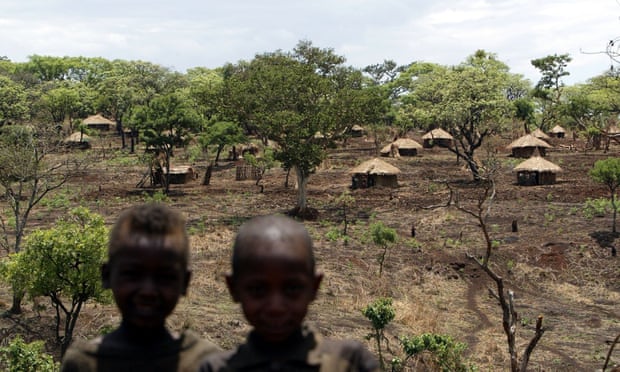By Lerato Mbele
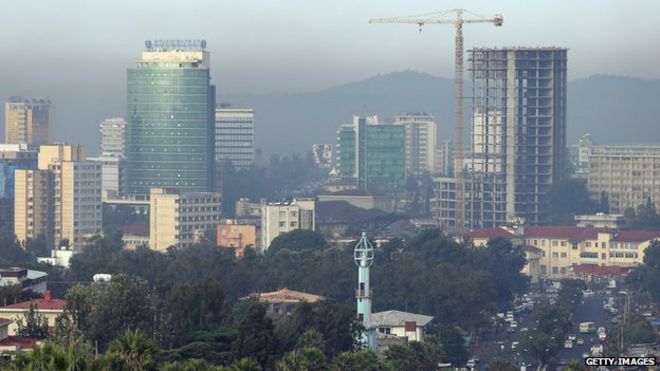
Whenever we set up our camera and flapped open our sun reflectors in Ethiopia's capital, Addis Ababa, passers-by became curious and eager to help.
But getting them to talk on camera was another matter as in general residents of the city are reticent and keep their views to themselves.
We were filming in Addis Ababa for a programme charting the changes in the country, yet it was only on the flight back to South Africa that I met an Ethiopian willing to be candid.
I found myself seated next to an inquisitive elderly Ethiopian woman, who was chatty despite the early morning departure.
However, she was not so open as to be willing for me to mention her name here.
She wore a green twin-set, leggings and woollen socks with her loafers. After the rigorous security checks, she took the socks off, saying she only wears them to keep her feet clean at the end of the security protocols.
She reminded me a bit of my mother, both caring and bossy all in one person.
During the flight, she cut me a portion of her fruit and insisted that I eat every morsel; her stern gaze suggested that I had no choice.
'Foregone conclusion'
We talked about a lot of things, including my impressions of Nigeria, especially following the ground-breaking presidential election there when the incumbent lost.
She was proud of the manner in which Nigerians had used their vote to make a strong statement about their government.
I replied that perhaps if Ethiopians have strong views about the ruling party - the EPRDF, in power since 1991 - then they could also do the same when elections are held in May.
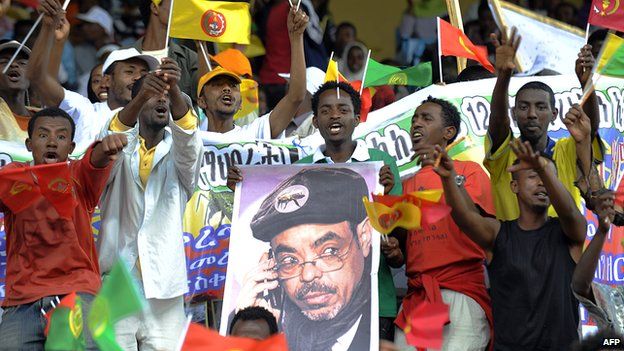
My neighbour dispelled that notion very quickly and whispered that she believes the result is a foregone conclusion.
I argued that surely Ethiopia's democracy is deeper than that, and that many support the government as they are grateful for the development in recent years.
She smirked and told me to open my eyes wider during my next visit.
Beggars
I was urged to investigate the economic statistics.
They show an economy growing in near double-digits, but about 40% live below the poverty line.
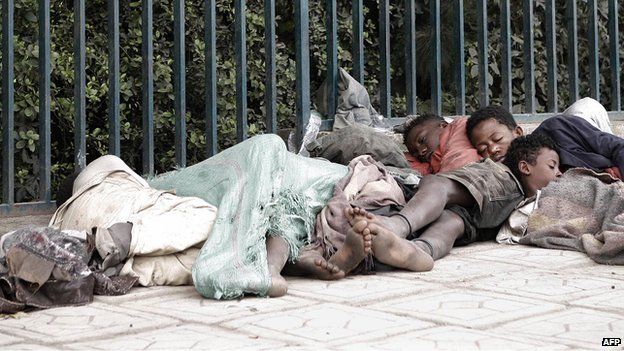
She reminded me of the beggars who are on the streets of Addis Ababa.
Then I recalled our filming around the city.
There is a clear image of frantic construction taking place, with a monorail, new roads and apartment blocks all being built.
But I also noticed that many of the buildings are empty.
I asked my new friend why she thought this was.
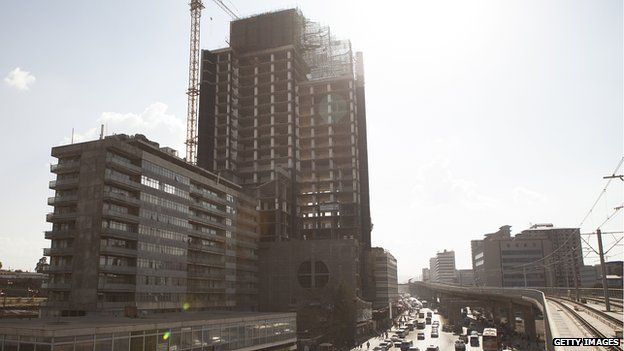
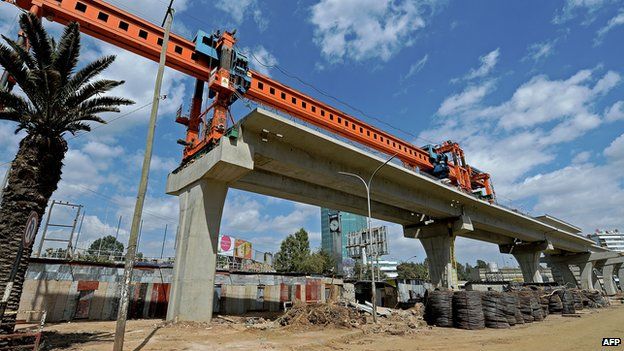
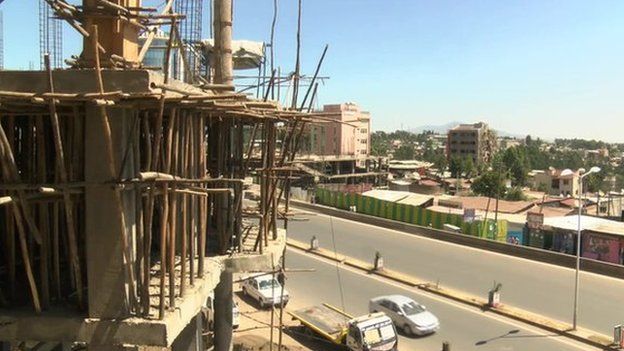
She reckons the Ethiopian middle-class cannot afford the rents, and that professionals, such as doctors and lawyers, have resorted to using parts of their home as consulting rooms, because they cannot pay for office space.
'Prestige'
I wondered why the government was intent on driving capital into these construction projects.
She answers simply that it is about the prestige.
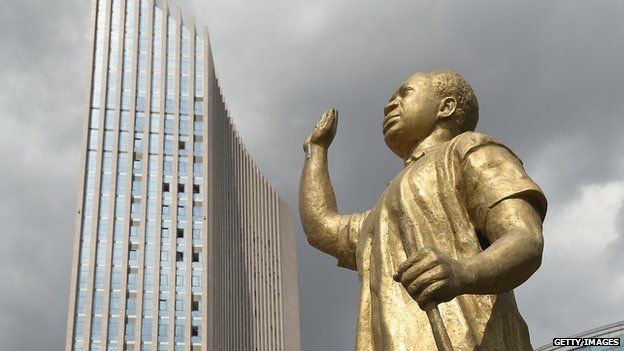
She thinks that as a political and diplomatic leader on the continent, Ethiopia needs to show the economic signs of that position.
And Ethiopia needs to bear the hallmarks of this new-found economic prowess.
These are the thoughts of one individual, but someone who has seen a lot. She lived through the aftermath of the country's Italian occupation, the Marxist Derg regime and now the move towards a free market system and the introduction of democracy.
Her hope is that eventually Ethiopians will speak up and challenge their leaders to ensure that their economic dreams will lead to tangible change.
Africa Business Report is broadcast on BBC World News on Fridays at 16:40 and 1840 GMT, on Saturdays at 1010 GMT and 1830 GMT and on Sundays at 0010 GMT.
This week, Lerato Mbele presents the programme from Addis Ababa.

